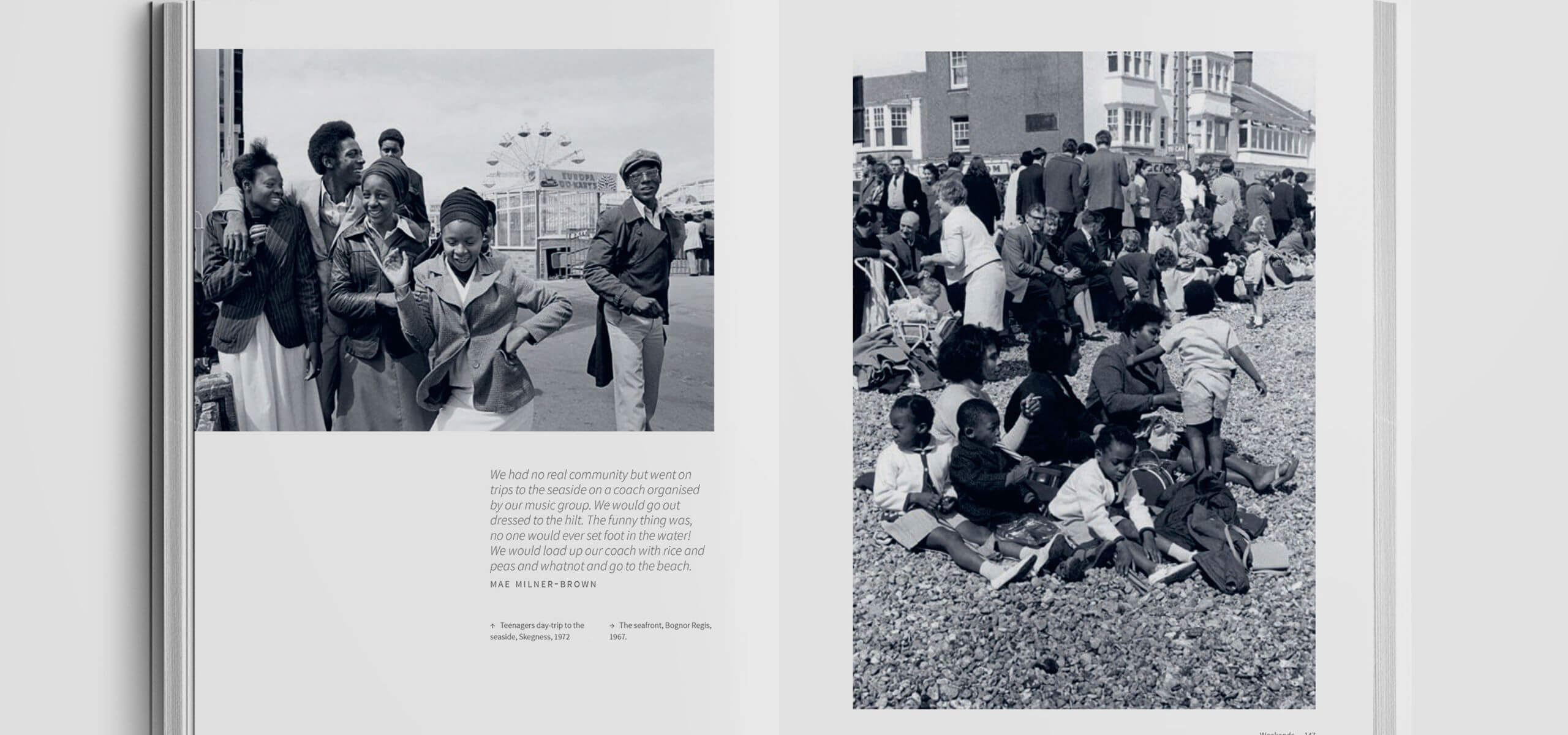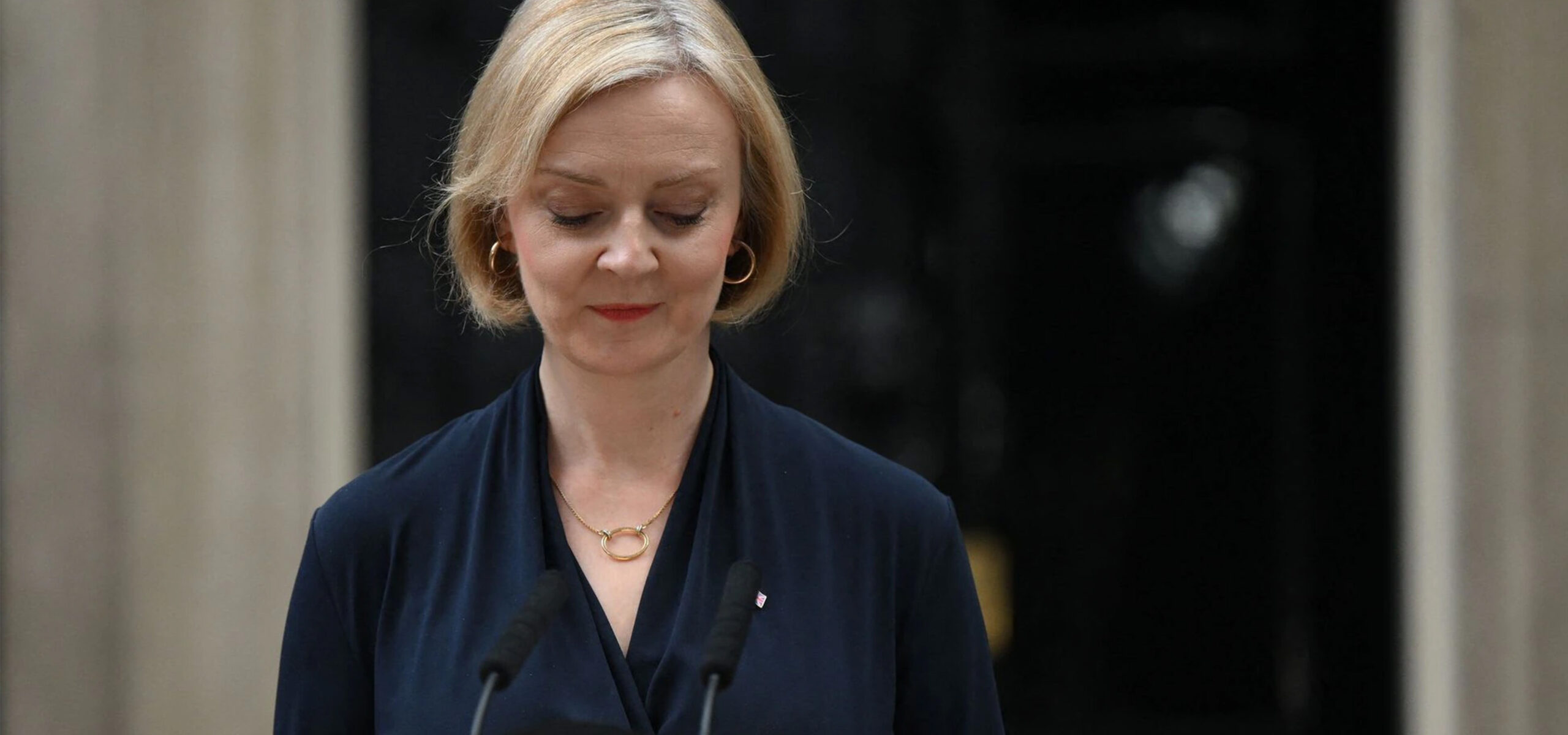Long Lens: The Many Faces of Climate Denialism

Earlier this year in July, an older person in my life brought up GB News’ head-butting interview over the UK Summer heatwave (in which the news anchor accused a meteorologist of being ‘fatalistic’), and my heart sank. I knew where the conversation was going; ‘So ridiculous and over-the-top, wasn’t it? Saying people were going to die…It’s summer! It gets hot!’, they continued. ‘Our neighbour’s daughter lives in California and didn’t blink when her mum told her the UK’s temperatures were going to reach 40C.’
The frustration I felt at this moment isn’t unfamiliar. Anyone who believes in climate change and the fact that we are seeing the corollary of it around us – especially in summer – understands how difficult it is to find yourself face to face with climate denialism. Reporting over recent years shows that approximately one in three mortalities caused by summer heat over the last 30 years is due to anthropogenic climate change. More to the point, leading scientists at Imperial College London have said that the recent UK heatwave would have been ‘extremely unlikely’ without human interference. Perhaps this person I spoke to hadn’t heard this…
Contrary to what we might like to think, climate denialism is (sometimes, but) rarely the result of ignorance. If it were, it would certainly be a lot easier to address. Instead, climate denialism comes in various forms, is driven by different forces and manifests on individual and organisational levels. Also, while denial is a very basic human practice, climate denialism is an intensification of it, with much greater consequences.
An excellent article applied psychoanalytic sociologist Stanley Cohen’s Literal Denial, Interpretive Denial and Implicatory Denial to climate denialism. Each of these can be further unpacked to explore where and how they manifest, to then consider how we can respond.
Literal Denial
The first type of climate denialism is Literal Denial which, as the name suggests, is the blanket rejection of climate change. It is often easier to assume that Literal Denial is the result of ignorance or stupidity, but this is rarely the case. Though Literal Denial is not very common, when it does occur it is more likely to be an intentional stance made as a result of alternative interests.
Donald’s Trump’s personal brand of climate denialism is a perfect example of this. While he appeared to support the science in the early 2000s, he later went on to infamously say that climate change was ‘created by the Chinese in order to make US manufacturing non-competitive’, among many other ludicrous things (i.e.,‘I’m an environmentalist’). So, Trump’s recent decade of scepticism can be directly linked to his presidential campaign; His rejection of climate change was/ is based primarily on his ambitions to appeal to a Republican establishment that won’t support climate policy.
Examples such as this reveal the fascinating paradox embedded within Literal Denial though. It can be argued that by the very nature of intentionally and blatantly denying something’s existence, one actually gives credence to the significance and overwhelming potential of its alternative truth. I’m sure Trump and other climate denialists wouldn’t be too pleased to realise that by completely rejecting the possibility of climate change, they are actually signalling to us how great a threat it really is – one Trump or his fellow Republicans don’t want to begin to comprehend.
Interpretive Denial
Interpretive Denial feels more archaic than the other two. It describes the kind of responses which seek to provide alternative explanations of climate change, without rejecting the fact that the planet is warming up. It takes me back to year 8, when An Inconvenient Truth had come out and occasional lunchtime talk circled around whether you believed in Al Gore’s Climate Change or whether your fourteen-year-old knowledge set made you confident enough to declare that the warming was “cyclical”.
It turns out that Interpretive Denial is not as outdated as I’d thought though, and this confident mindset can also be applied to a news anchor and an older audience member ready to argue with an experienced meteorologist. In this case, the news anchor and the person I spoke to agree that this heat is greater than normal, but rationalise it as a) being a freak event like the UK saw in the summer of 1976 and/or b) being normal given that other places like California always experience extreme heat.
It becomes clear quite quickly that the key to Interpretive Denial is the omission of key bits of information. For example, the heatwave of ‘76 reached a maximum of 35.9C, whereas this year topped 40C, and no, the heatwave temperatures of this summer would not be strange in California which (climate change or no climate change) is a high-pressure climate and home to the hottest place on earth: Death Valley.
From a psychological point of view, Interpretive Denial is arguably less thoughtful than other forms of denial. It seeks a quick remedy to the displeasure of imagining ‘climate doom’ and feels closest to basic, everyday denial, whereby people are biased in their defence against an unpleasant truth (motivated reasoning). Whereas cognitive dissonance describes the state of intense personal discomfort which ensues as a result of acting in a way that conflicts with a personal view (such as believing in climate change and flying across the world on holiday), Interpretative Denial is more premature, being born before the unconscious mind even reaches this point.
Implicatory Denial
The third form of climate denialism is Implicatory Denial, which exists as a result of this cognitive dissonance and is arguably the most common and insidious obstacle to climate action. In this case, climate change is not denied or interpreted any other way, but the psychological, political and moral implications are in what can only be described as an individual or organisation’s failure to take responsibility*.
On an individual level, you’d be hard stretched to find someone who doesn’t display Implicatory Denial. For example, though I eat a plant-based diet, buy second-hand clothes and use a reusable coffee cup (*sigh*), I am also flying to Australia this year. I believe wholeheartedly in the threat of climate change and comprehend how much flying contributes to global carbon emissions, yet the implication of not flying to Australia and not seeing my family is too high a price for me. So, when I fly I will not think of climate change, or if I do I will try to tell myself that my flight only represents a drop in an ocean of flights which I have no control of.
But the responsibility to act on climate change doesn’t just lie with individuals, and British Petroleum’s (BP) construction of the ‘carbon footprint’ is an example of Implicatory Denial on an organisational level. In 2005, the ‘carbon footprint’ was conceptualised for a BP campaign that aimed to deflect climate impact away from them and shift the blame to individuals, making us all aware for the first time of our personal impacts on the environment. While this is arguably a useful concept for those that believe in individual power, the fact that it was born from a petroleum company’s rejection of their responsibility to act on climate change makes my skin crawl.
If we shift our focus to governments, we can often observe contradictory actions of politicians too. Environmental activist and writer, George Monbiot, recently said ‘It’s interesting how politicians suddenly see the light once they’ve left office’, referencing leaders such as Al Gore and Barack Obama’s keen post-White House climate commentary. I don’t think many would deny that such politicians believed and feared climate change while they were in office, but most likely were hopeful that what they could achieve without losing voters would be enough, or that perhaps the next president would be the one to make real change.
In all of these cases we see the threat of cognitive dissonance forcing a new rationalisation for one’s own actions, or placing the responsibility onto someone else. Diffusion of responsibility is the term given to when we reassure ourselves that we need not take action because someone else will (like when we walk past a homeless person on the street). It comforts us and in the case of climate change, allows us to keep on as we are, while congratulating ourselves for believing in it.
Responding to Climate Denialism
On an organisational and political level we must always be vocal, and have enough pride in our institutions to help hold them to account. On an individual level, responding to climate denialism can be trickier.
While debunking someone’s arguments appears to be the most obvious solution, it is also often the most futile. Regardless of the fact that it is only really applicable to Literal and Interpretive forms of denial, rather than the most common, Implicatory, debunking assumes that people are rationally weighing up both sides of the argument…which sadly, is rarely the case. As we know, those in a state of Literal or Interpretive denial are already side-stepping the undesirable facts and choosing the alternatives. This pattern of reasoning is unlikely to change in a new interaction unless that person is highly motivated to believe YOU for some other reason. (If that is the case though, then by all means use your sway! That is much like the power of celebrity or social media influencers, after all).
For the majority of situations however, where we find ourselves so full of frustration and incredulousness, there is much evidence to support a simple-yet-challenging truth: empathy is essential. As we know, denialism is not stupidity or a form of pathology, but rather a reaction to the tragedy of modern science’s discoveries. The majority of us trust in science, but want to go on, living our hedonistic, self-interested lives as we’ve always dreamt. Climate action begs us to sacrifice these dreams – and more to the point, to act collectively in our individualistic world. So, for those who are knee-deep in denialism, empathy and recognition of the fact that their desires have become shameful and unspeakable overnight is much needed.
And we can still challenge each other through empathy. When we attempt to put ourselves in someone else’s shoes, not only can we be asking how they came to hold their beliefs, but we can also ask how they would feel if the reality/ evidence was different. For example, if someone believes that temperature rising is in fact cyclical, after understanding and acknowledging how they’ve come to believe that, gently challenge them by asking how they’d feel if it weren’t. How would they feel if temperature rising was in fact an ominous sign of climate change? While it’s unlikely to prompt a revelation then and there, doing this encourages reciprocal empathy, which is a key mechanism to increasing openness to oppositional conversation and evidence.
Within these conversations it is even more effective to acknowledge our own biases, shortcomings and mistakes too. When we hear someone admit to their mistakes we feel safer and braver to admit to our own. Once again, denialism is not stupidity, but a reaction – a set of repressed knowledge that once unrepressed, can be incredibly powerful. Perfection is unattainable and daunting, especially when it comes to living sustainably, so humility is a crucial part of encouraging people to acknowledge the climate crisis to themselves and start to prioritise small actions.
Finally, our language matters. Culture-to-culture and person-to-person, we all have different experiences and diverse sets of values which dictate what we respond to and how. In the US, appealing to conservative values like authority, nationalism and nature’s purity has been shown to increase pro-environmental actions in conservative voters. We must apply this logic in our day-to-day interactions too, once again empathising with who we are talking to and what matters to them. There is not one fits-all conversation.
Conclusion
When I think back to that conversation on the UK heatwave, I can’t help but feel frustration with my lack of voice. My partner and I can talk endlessly about these encounters while we brush our teeth, often arrogantly regaling to each other the thoughts that go through our heads in reaction, rarely acknowledging the fact that our responsive silence makes us equally culpable. How can I expect to work against climate denialism by not even engaging in that conversation? I guess that’s why I’m writing this blog.
In truth, dealing with climate denialism is going to take all of us to get off our high horses and meet each other half-way. The very fact that this is an issue we are facing on top of the issue itself reflects an inherent social failing. To move forward we must consider how and why we have failed, and how we can connect to each other again to change our future for the better. Let’s start with empathy, humility and bravery – even and especially when it’s difficult.
*The responsibility to act on climate change lies with those who are responsible for it and/or who are in a position (or can afford) to make changes in their life, ie., large corporations, governments and the middle/upper-class who are benefiting from the capitalist system.

